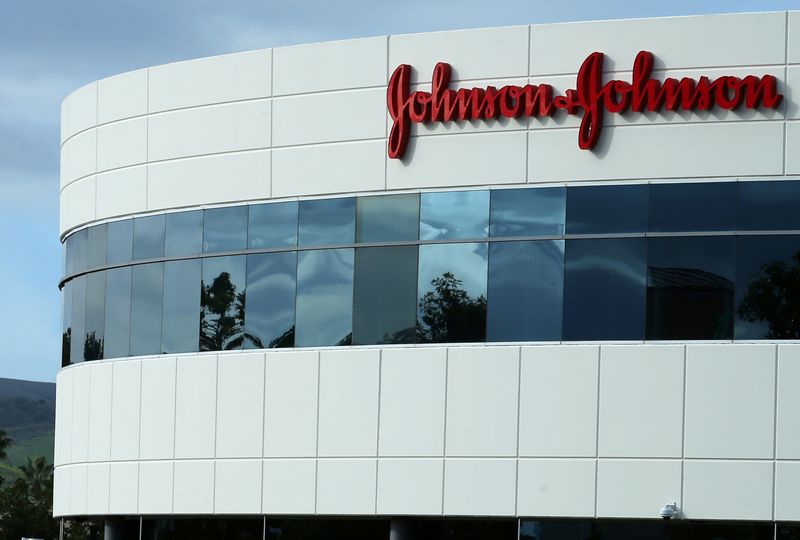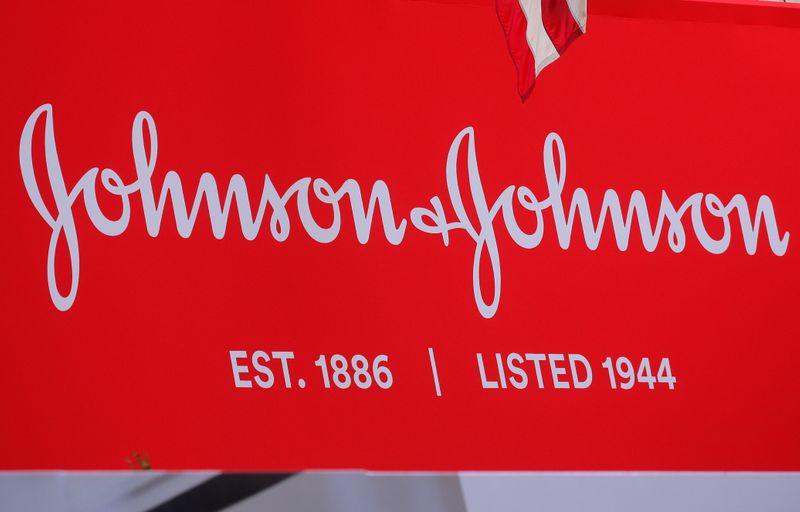By Jessica DiNapoli and Ross Kerber
NEW YORK/BOSTON (Reuters) -Roughly 57% of investor votes cast backed healthcare company Johnson & Johnson (NYSE:JNJ)'s executive pay for 2020, a low level of support for a proposal most shareholders usually rubberstamp.
The low support, not including abstentions, for the non-binding proposal comes after the Office of the Illinois State Treasurer urged other shareholders to vote "No" on the company's pay practices, namely because J&J sets aside certain litigation costs when calculating executive compensation, including from the U.S. opioid epidemic.
J&J did not immediately respond to a request for comment on Monday.
Proxy advisors Glass Lewis and Institutional Shareholder Services Inc also recommended against J&J's pay. Johnson & Johnson had said it has always excluded certain one-time costs in its compensation for top brass.
"This vote demonstrates the significant disapproval among Johnson & Johnson shareholders," said Illinois State Treasurer Michael Frerichs in a prepared statement. "This vote sends a strong message to the company that executives should be accountable for all consequences of corporate conduct."
Other companies facing low say-on-pay support have said they would change their executive compensation structures in the future.

Drug distributor Cardinal Health Inc (NYSE:CAH) has said it will engage with shareholders to incorporate their views in its executive compensation plan after a minority of them revolted in November against a executive pay structure similar to J&J's.
Walt Disney (NYSE:DIS) Co in 2018 adjusted the compensation of then-CEO Bob Iger after 52% of shareholders rejected his pay, Reuters has reported.
